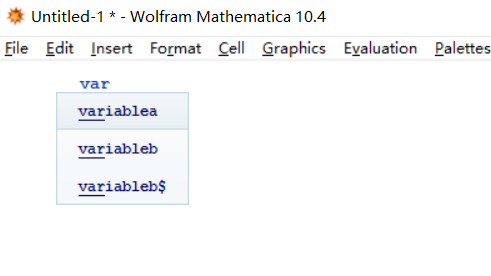The autocompletion is very convient in Mathematica,but it will make one annoying sometimes when you have a ton variables.I give a scene I encounter.I usually make many custom functions in my init.m,for example
System`testFunction[variablea_]:=Module[{variableb=variablea},variableb+1]
http://o8aucf9ny.bkt.clouddn.com/2016-06-25-01-06-52.png
But when I launch my Mathematica as soon as there are many variables prompt to auto-autocomplete.like this

So my question is how to make the variables in init.m not impact the autocompletion
